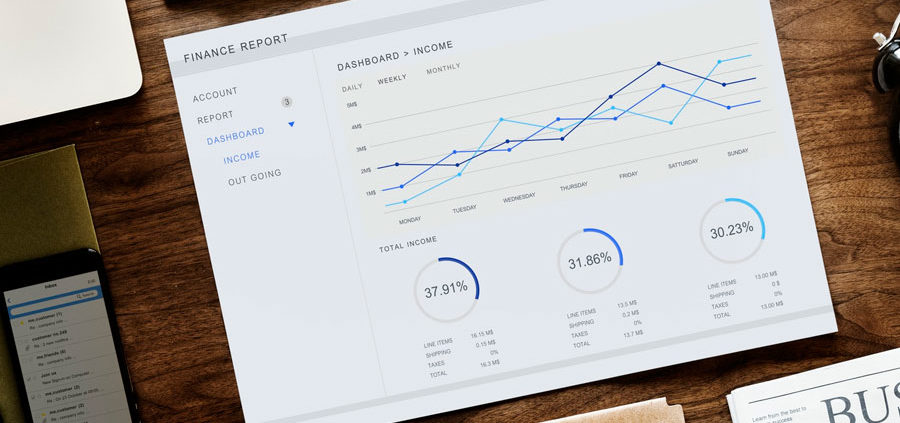Debt Delinquency: What If I Don’t Make An Effort to Pay My Debts?
Americans are carrying record-high amounts of credit card debt. Combine this with relatively stagnant wages and ever-increasing cost-of-living, and you have a recipe for chronic indebtedness. The average American family carries over $8000 in credit card debt and many are often on the brink of debt delinquency.
If you’re struggling with credit card debt and are looking for a debt relief option, you may have started to weigh the pros and cons of not paying off debt vs. settling. You may have even heard that, if you stop paying your debt, creditors may be more likely to offer you a settlement or forgive your debt. However, this topic is highly nuanced. Debt delinquency can mark the beginning of your descent into financial ruin. In answer to the question “What happens if I don’t pay my debts?”, we’ve put together a few important bits of information:
Your Credit Score Will Take a Major Hit
If you stop paying your debt, your financial institution will report all your missed payments and delinquent accounts to the credit rating agencies. These negative items on your credit score can have severe negative consequences on your life. They can prevent you from renting an apartment, obtaining a mortgage, or obtaining much-needed credit in times of emergency. You might even see increases in your insurance premiums.
Accruing Interest and Fees
Don’t be fooled: your debt will continue to accrue interest and fees, whether or not you are paying. In fact, at a certain point in your debt delinquency, penalty interest rates and fees may be applied to your account. These interest rates can be several times your usual interest rate and it can take several months to regain your original interest rate, even if you do bring your account up-to-date.
Calls From Your Financial Institution
If you are just a few days or weeks behind, you may start receiving a couple of calls per day from your credit card company reminding you to pay your bills. The frequency of these calls will increase the longer your account remains delinquent.
Debt Collection
After a certain period of delinquency, usually 90 days, your account will most likely be transitioned to your credit card company’s collections department. At this point, your credit card company considers your account a liability rather than an asset and will employ more aggressive tactics to contact you. The calls, emails, and letters will become much more frequent. Your credit card company may even sell your debt to a collections agency, which may be even more aggressive than the credit card company. Debt collections agencies often pursue any legal recourse available to recover the outstanding money.
Lasting Effects
Let’s say your fortune changes and you come up with the money to pay off your debt. The collections calls stop, the interest stops accruing, and you can finally breathe easy, right? Well, maybe not. Negative items can stay on your credit report for seven years. This means that potential creditors can see these items and they might continue to affect your finances for years to come.
Your Options
If you are currently struggling to pay off your debt, it might be time to contact Liberty Debt Relief and learn how we can help you get your life back on track. Our experts can help you through the tricky landscape of debt delinquency, and and the pros and con of paying off debt vs. settling. Contact us today!














Leave a Reply
Want to join the discussion?Feel free to contribute!